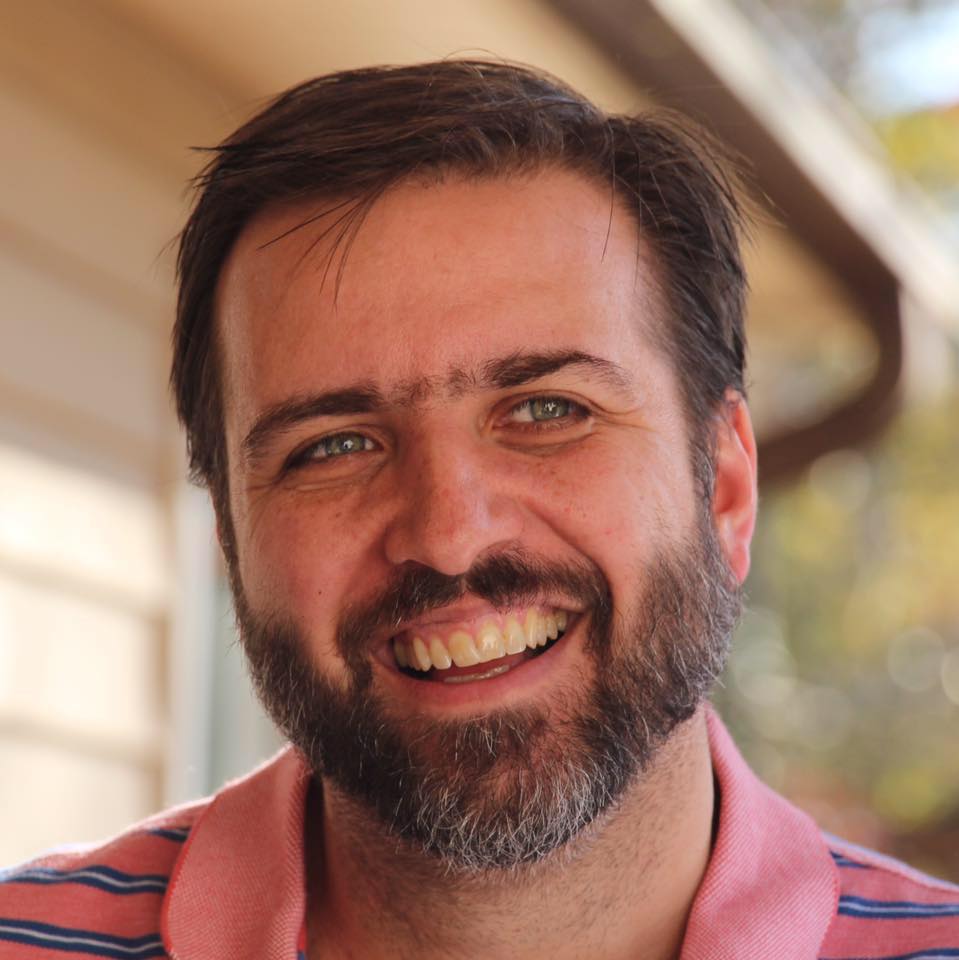AXL ACCOMPANIES SLASH TO A LAKERS GAME — AMORAK HUEY & W. TODD KANEKO
/It’s already late in the history of our togetherness, we both know this, have always known this—the ending of a thing inherent in its beginning, birth and death harmonizing from the start.
The ball goes up. Men’s bodies collide. We are here to be seen. We were told it was a good idea by someone we pay to keep score. Points for this side, points for the other, all lights and noise and keep the beers coming. This is fun. This is fun. They keep reminding us.
Later we will stick needles in each other’s veins.
Later we will record our last song together.
Later we will say cacophony. We will say nothing is wrong. One day I will wake up and realize I have never seen your eyes. You claim to be rooting for both teams. We sit so close to the sweat. The desire.
These men are trying so hard.
Everyone thinks he’s going to win / of course that’s impossible.
Amorak Huey, a 2017 National Endowment for the Arts Fellow, is author of the poetry collections Seducing the Asparagus Queen (Cloudbank Books, 2018), Ha Ha Ha Thump (Sundress, 2015) and Boom Box (Sundress, forthcoming 2019), as well as two chapbooks. He is co-author of the textbook Poetry: A Writer’s Guide and Anthology (Bloomsbury, 2018) and teaches at Grand Valley State University.
W. Todd Kaneko is the author of The Dead Wrestler Elegies (Curbside Splendor 2014), co-author of Poetry: A Writer’s Guide and Anthology (Bloomsbury Academic 2018), and his poems and prose can be seen in many journals and anthologies. A Kundiman fellow, he is co-editor of the online literary journal Waxwing and lives in Grand Rapids, Michigan, where he teaches creative writing at Grand Valley State University.












